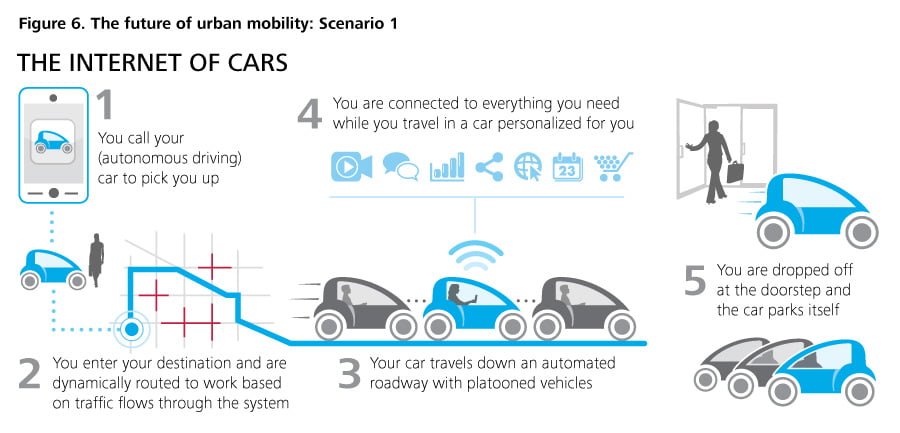
 As the world increasingly moves towards finding alternative ways to solve some of its most urgent and pressing socio-economic challenges such as health, education, water, transport and shelter, it is clear that technology and innovation are key elements in ensuring these changes are sustainable and scalable.
As the world increasingly moves towards finding alternative ways to solve some of its most urgent and pressing socio-economic challenges such as health, education, water, transport and shelter, it is clear that technology and innovation are key elements in ensuring these changes are sustainable and scalable.
Mass urbanisation is one of the defining trends of the current generation and leveraging technology at the heart of its operations, Uber is rapidly changing urban transportation and impacting the way people move from point A to B. At its core, Uber says its mission is to provide safe, reliable and cost efficient ways of mobility to users, and give car owners the ability to share their journeys if they choose to do so.
At a discussion with the media during a roundtable session in Lagos last week, Alon Lits, General Manager for Uber, Sub-Saharan Africa explains, “Technology is a crucial element in creating a society that is more efficient and sustainable. Our focus at Uber is on how we can cut congestion, pollution, and parking, as well as provide access to seamless transportation, by using private cars for public good. How are we able to achieve this? By using new technology and today’s infrastructure.”
Sharing some global figures, Alon said, “Today ride-sharing accounts for less than 4 percent of the miles driven globally, by 2030, that number is estimated to go up to 25 percent – so imagine the possibilities that lie ahead for mobility. Continuing further, he said: “In Lagos for example, technology and collaboration between the private and public sector is vital in building transport systems that work. We are pleased about the plans Akinwunmi Ambode, the Lagos State Governor, is making to restructure public transportation in the State. With these sorts of plans in place it means that there will be less congestion, increased productivity and more efficient modes of mobility.
Uber is always finding innovative ways to use technology that will benefit both riders and drivers and continues to work in collaboration with public transport providers and government to promote safe, accessible transport across Africa. By embracing shared modes of transportation, it is possible to make all cities less congested and polluted; with more space for people and parks; and where everyone, wherever they live and whatever their income, has access to affordable, reliable transportation.”
As part of plans to further support driver-partners in Nigeria, Uber recently launched open its Greenlight Hub in Lagos. Strategically at the Maryland Mall, the hub will serve as a partner centre that provides potential and existing driver-partners with established channels of communication to raise individual questions and concerns that they may have.
[“Source-businessdayonline”]

